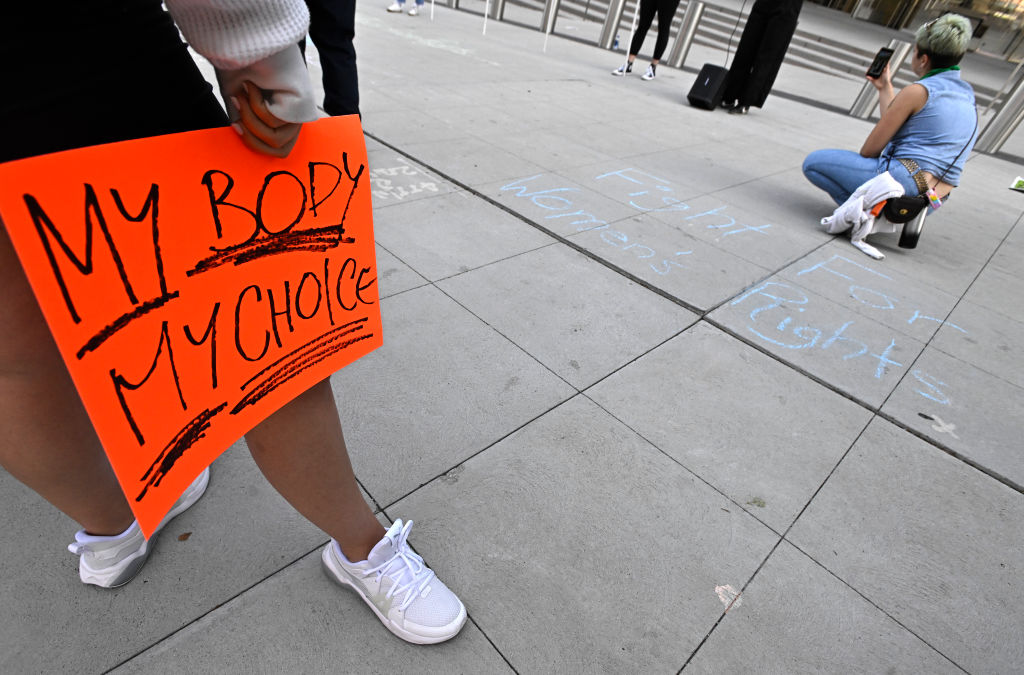
Source: MediaNews Group/Pasadena Star-News via Getty Images / Getty
Based on the 98-page document leaked this past Monday, the majority decision arrived at by the U.S. Supreme Court in the case Dobbs v. Jackson Women’s Health Organization looks like it will undo the landmark 1973 ruling in Roe v. Wade, which protects a woman’s right to abortion. A scandal of this nature is unprecedented and has left Washington D.C. upended. Some lawmakers are demanding a federal investigation be launched in order to find the mole.
For now, women still have the constitutional right to access legal and safe abortion. However, a number of women’s rights organizations and digital privacy groups have begun readying for the possibility of a post-Roe United States. Because at that point, not only might the act of abortion be criminalized in over half the country, but anything related to abortion — including online searches about the topic — could potentially put someone on the wrong side of the law.
In fact, people’s digital searches about abortion have been used in the past to prosecute people — overwhelmingly women — or target them for solicitation. In 2015, a series of text messages about abortion were used to find 33-year-old Purvi Patel guilty of feticide and child neglect, crimes for which she was sentenced with more than four decades in prison. And Latice Fisher, a Black mother of three, was convicted of second-degree murder four years ago based on an online search for abortion medication.
Daly Barnett, a staff technologist at the international nonprofit Electronic Frontier Foundation, recently told BuzzFeed News the following: “There are many people already advocating in the space of privacy and protection online — we are well equipped to approach the reproductive justice space with that same urgency.”
Evan Greer, deputy director of the nonprofit digital rights advocacy group Fight For The Future, even recommends the organization’s comprehensive guide, Surveillance Self-Defense. Some of the suggested tips include using long and complex passwords, turning on two-factor authentication, setting up a virtual private network, and changing the privacy settings across your social media accounts. Read the subsection “Reproductive Healthcare Service Provider, Seeker, or Advocate?” for more info about protecting your data and yourself as the conversation about reproductive rights continues.
BuzzFeed provided its own list of measures you can take to protect yourself online, too. For instance, many women will use their phones or third-party apps to track their menstrual cycles. However, a number of these programs also use complicated language to disguise the fact they are monitoring your behavior and that you agree to having your data sold to other companies. So the old school pen-and-paper method of tracking your menses might be the safer route.
The site also suggests an inexpensive throwaway phone for persons who may visit women’s rights protests or family planning centers. As noted above, your phone can be used to track your habits, but you can also be physically targeted via geolocation. Turn off the Location feature on your device, and that may solve this problem some. But there are some apps that will not work with the feature disabled, so it’s recommended to have a separate phone for when you think about engaging in those activities as well.



















